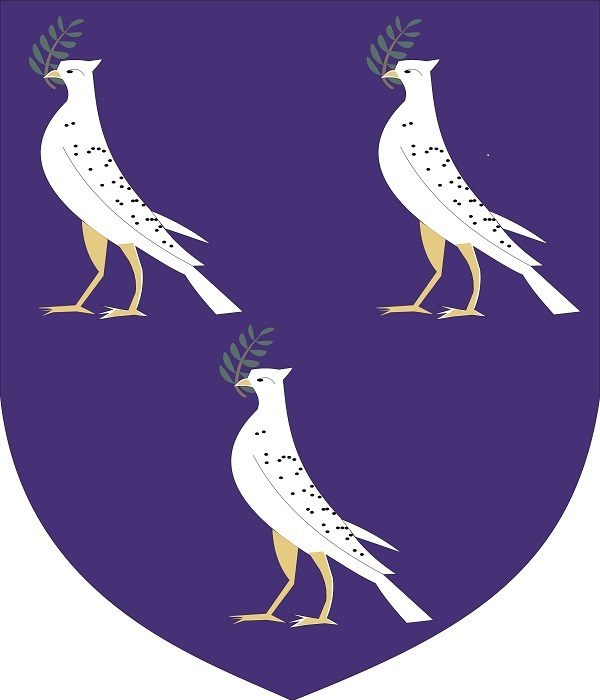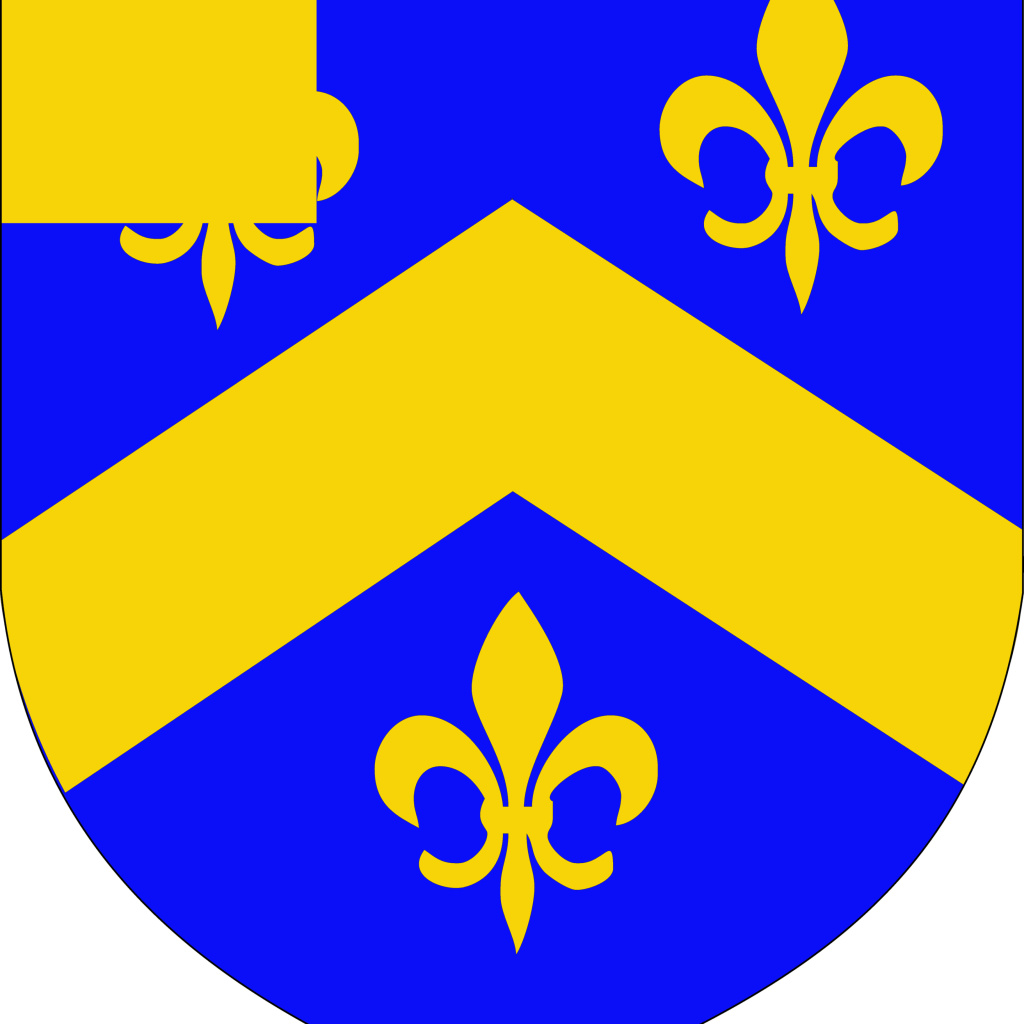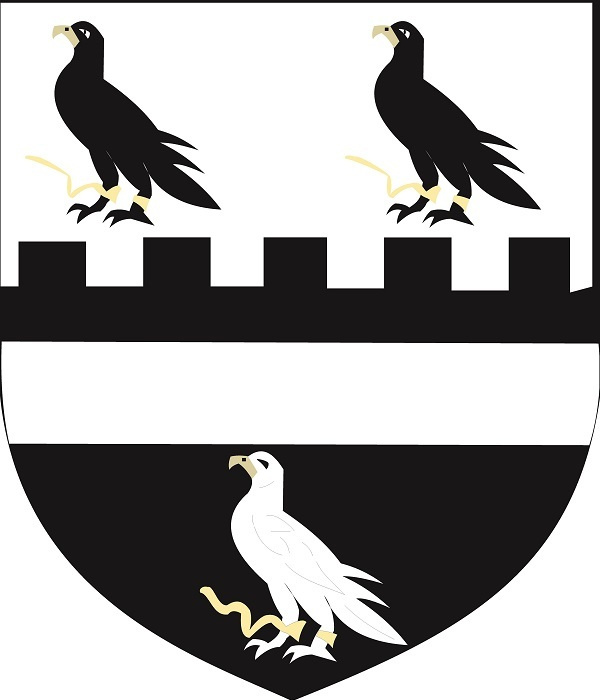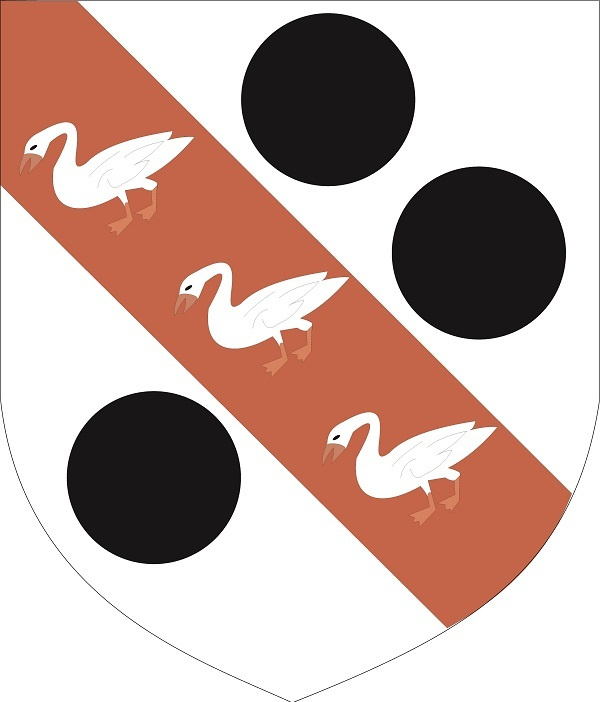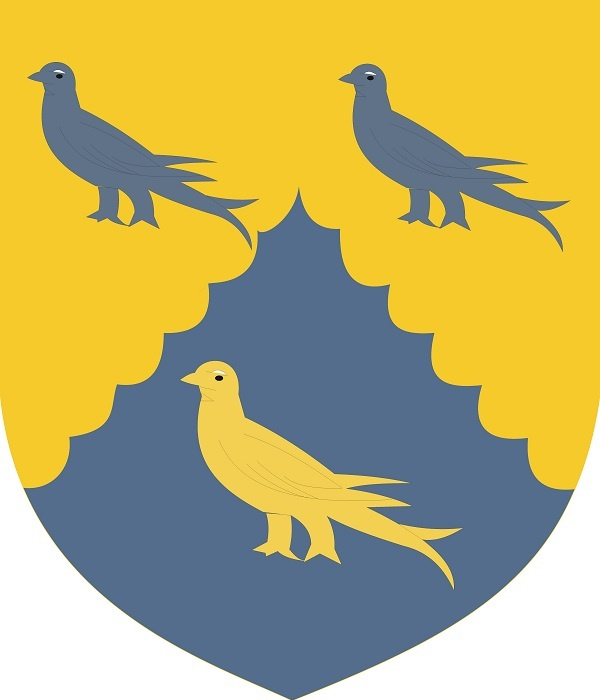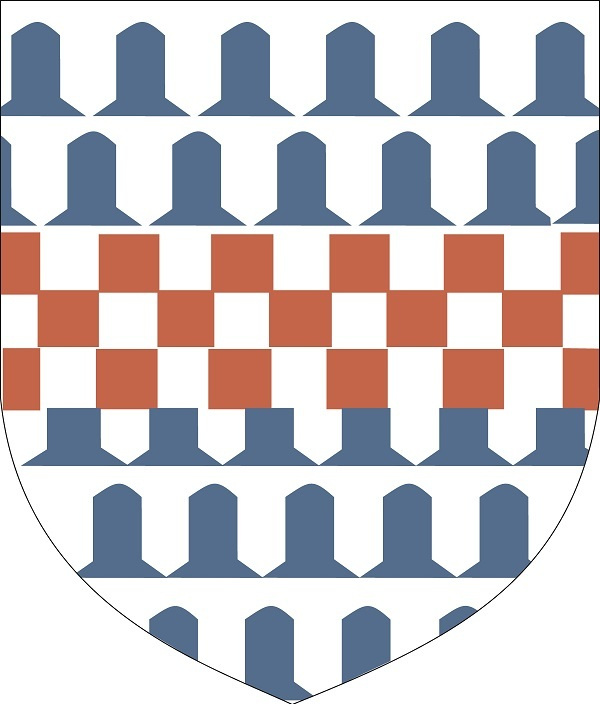Every boy at St John’s must be known and loved.
One of the strengths and defining features of St John’s College is our house system. There are approximately ninety boys in each house. The eight houses in the College and the one in the Sixth Form are named after extraordinary men who left their imprint on St John’s College. These men, all of whom contributed in remarkable ways to the development of the College, continue to provide role models for the boys.
It is principally in the house context that we give effect to our philosophy that every boy must be known and loved. By this we mean that we strive to ensure that we understand and care for every boy as an individual. The Housemaster of each house, assisted by the teachers who acts as tutors for every year group in every house, endeavours to gain insight into the personality, background, talents and needs of every single boy. In this manner, we seek to support every boy in developing and achieving his full potential in the academic, cultural, spiritual and sporting spheres of College life. In the words of the School Prayer, we strive to create a school environment which is “a home of religious discipline, sound learning and good will, which may send forth many rightly trained in body, mind and character to serve Thee well in Church and State”.
The value of the house system lies in its giving to each boy a brotherhood of boys to which he belongs. It is the house system, with a Housemaster and five tutors in each house, that provides the essential pastoral care for every boy. The Housemaster and tutors in each house are responsible for supporting and caring for every boy in that house. Each new boy is welcomed into his house by a mentor – a senior boy in that house whose responsibility it is to facilitate the integration of his mentee into the house and the College.
One of the most important functions of the houses is to give to each boy a sense of identity and belonging. Although every College boy is, first and foremost, a Johannian, he is also a proud member of his house. This means that he belongs to a close-knit family within the bigger College community. He identifies with his house through the house crest, ethos, common room, war cries, his Housemaster, tutor and Head of House (the College prefect elected in every house). In the annual inter-house competitions, he has the opportunity to represent his house in a wide range of academic, cultural and sports activities. His Housemaster and tutor support and encourage him, and monitor his academic progress, his involvement in sport and cultural activities, and his general wellbeing. The senior boys in each house are also afforded the opportunity to serve their house and to develop their leadership skills through the leadership programme, successful completion of which may culminate in their being appointed house prefects.
The eight College house compete for the coveted Le Sueur Cup, which is awarded to the house that wins the annual inter-house competition. The Sixth Form house also competes with the senior boys in each house for the Allen Senior House Cup. These competitions entail keen but fraternal contests in many aspects of College life: academics, debating, public speaking, music, drama, chess, swimming, athletics, cross-country, rugby, hockey, soccer, tennis, basketball, cricket and water polo. Each house’s participation in these competitions is organized by the boys themselves.
The Housemasters and tutors provide the principal point of contact between the College and parents of boys in each house. In this manner, parents are able to develop personal relationships with their son’s Housemaster and tutor, with whom they communicate about all aspects of their son’s development and wellbeing.
In allocating boys to houses, an attempt is made to strike a balance between maintaining long-standing family links to particular houses and distributing boys with strengths in specific areas evenly across the houses. If a boy’s father or older brother was in a particular house, then he will usually become a member of the same house. Subject to this general rule, the allocation of boys to houses seeks to ensure that all houses have boys with strengths in diverse areas, so that no house acquires a reputation for being strong in some areas but weak in others.

